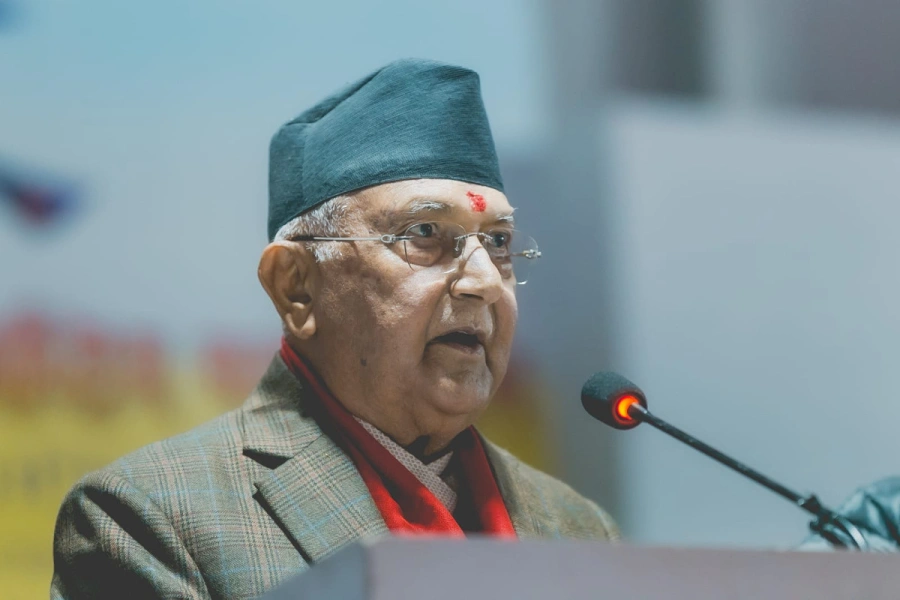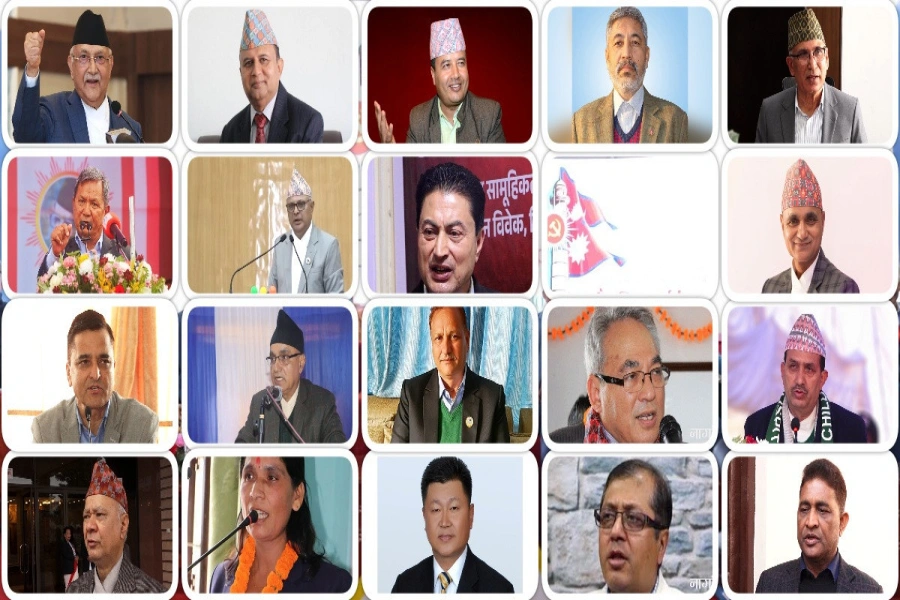KATHMANDU, May 1: A senior trade official of the UK government has said that Nepal would see a significant surge in British investment if the government in Kathmandu took legislative measures to avoid double taxation and guarantee foreign investment protection.
Talking to a group of media persons in the capital on Tuesday, Harijinder Kang, UK government’s Trade Commissioner for South Asia, said that the Nepal Investment Summit 2024 that concluded on Monday had sent a strong signal that there is national consensus among political parties when it comes to Foreign Direct Investment (FDI) in Nepal. He, however, noted that double tax avoidance agreement and investment protection agreement are keys to bring FDI in Nepal.
Nepal signs double taxation avoidance pact with Bangladesh

Trade Commissioner Kang, who arrived in Kathmandu to attend the Nepal Investment Summit 2024, said that investors also need some degree of policy certainty so that they are not unfairly taxed. He also highlighted the need to have a Bilateral Investment Treaty to make Nepal an attractive destination for British investors.
Kang said that UK investors are keen to invest in various sectors in Nepal including tourism, green energy, education, Information Technology (IT) and manufacturing sectors such as pharmaceuticals. But, he said, Nepal has to formulate pragmatic and investment-friendly policies so that it will have a competitive edge over other countries as all countries today are trying their best to attract FDI.
Trade Commissioner Kang argued that the size of Nepal limits the room for growth for any foreign companies who invest in Nepal. Therefore, he urged stakeholders to bear this in mind while formulating legislation related to FDI.
UK Ambassador to Nepal Rob Fenn argued that the UK government is trying to help Nepal to grow in the IT sector through different support measures including encouraging FDI as this is a geography-proof sector. He also argued that Nepal, like many other countries, should also focus on promoting SMEs to generate employment opportunities in Nepal and control the mass exodus of Nepali youths abroad for foreign employment.



































